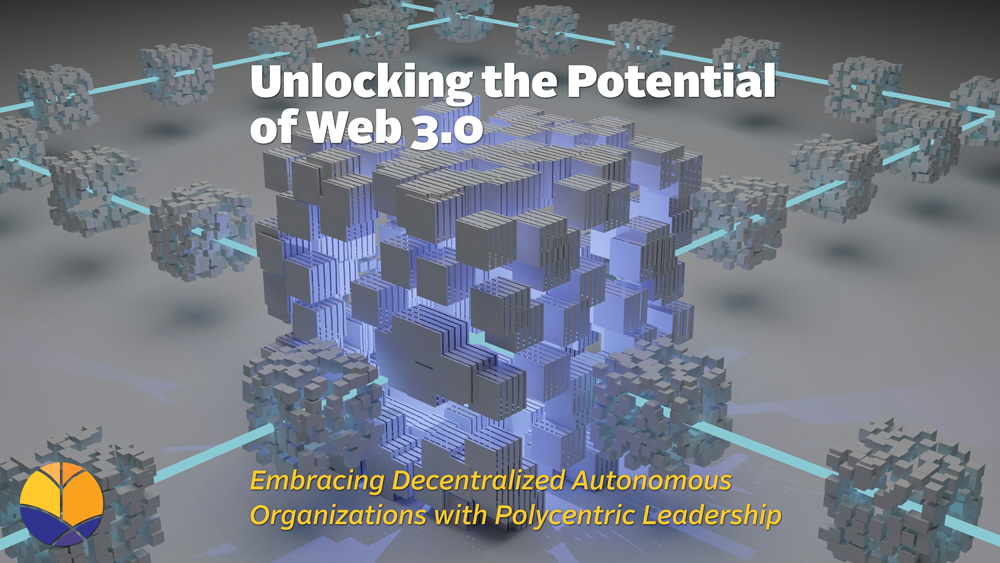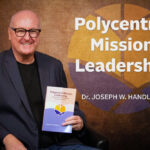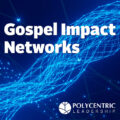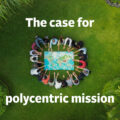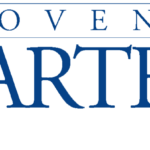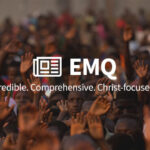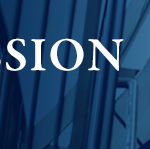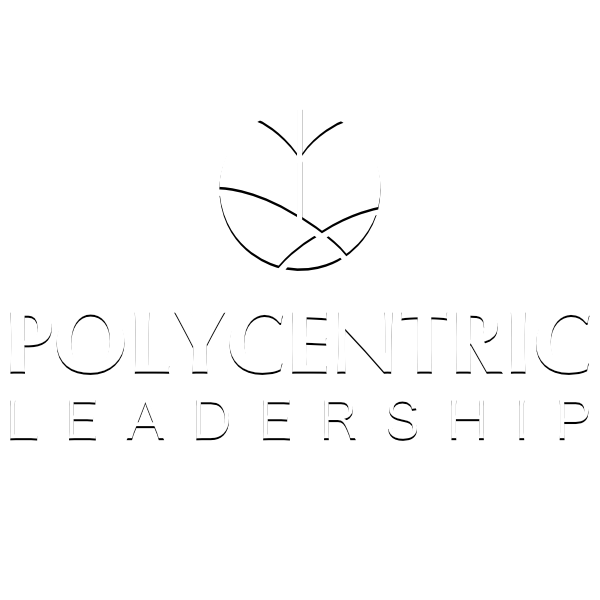Embracing Decentralized Autonomous Organizations with Polycentric Leadership
Introduction
In the rapidly evolving landscape of digital innovation, the emergence of Web 3.0 represents a paradigm shift towards decentralization, fostering interactions between unknown people, and empowering individuals through blockchain technology. At the heart of this transformation may lie Decentralized Autonomous Organizations (DAOs), entities governed by smart contracts and operated by their members. However, the success of DAOs hinges not just on technological advancements but also on effective leadership models that navigate the complexities of decentralized ecosystems. In this article, we explore the integration of Polycentric Leadership principles to illuminate the path forward for Web 3.0 and DAOs.
The Rise of Web 3.0 and DAOs

Web 3.0 embodies the vision of a decentralized internet, fostering peer-to-peer interactions, and enabling the transfer of value without intermediaries. Central to this idea are DAOs, autonomous entities governed by code, where decision-making processes and resource allocation are executed transparently and autonomously. DAOs offer a radical departure from traditional hierarchical structures, promising increased resilience, transparency, and inclusivity in organizational governance.
Challenges of Decentralized Governance
While the potential of DAOs is immense, their success relies on overcoming various challenges inherent in decentralized governance. These challenges include ensuring alignment among diverse stakeholders, resolving conflicts without centralized authority, and maintaining accountability in the absence of hierarchical control. Traditional leadership models are ill-equipped to address these complexities, necessitating innovative approaches to governance.
Polycentric Leadership
Polycentric Leadership, as I conceptualized, offers a compelling framework for addressing the challenges of decentralized governance. My research emphasizes the importance of distributed authority, mutual accountability, and adaptive decision-making in complex organizational environments. By decentralizing power and fostering collaboration among autonomous units, Polycentric Leadership enables organizations to navigate uncertainty and promote collective action.
Applying Polycentric Leadership to DAOs
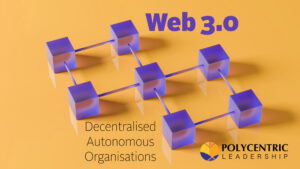
Drawing parallels between Polycentric Leadership and the governance of DAOs, we can identify key principles that can enhance the effectiveness of decentralized organizations. Firstly, decentralization of decision-making authority ensures that power is distributed among participants, fostering a sense of ownership and commitment. Secondly, mutual accountability mechanisms, facilitated by transparent and immutable blockchain technology,
promote trust and collaboration among DAO members. Finally, adaptive decision-making enables DAOs to respond swiftly to changing market dynamics and stakeholder preferences, ensuring their relevance and resilience in the long term.
Case Study: DAO Governance in Action
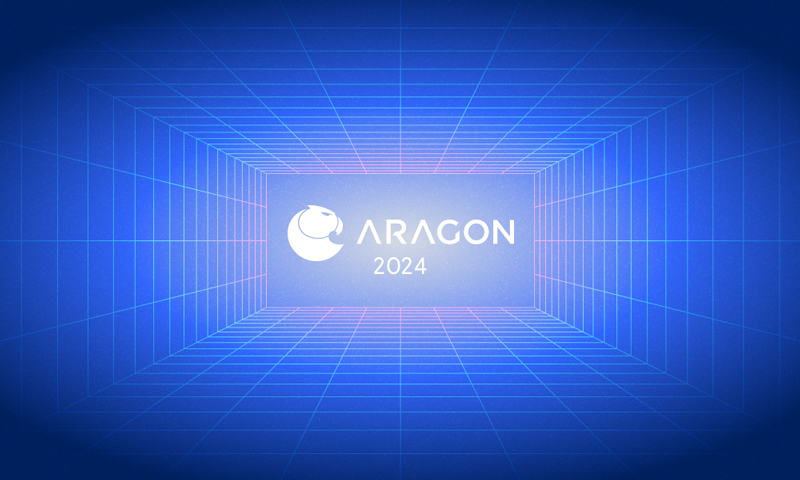
One notable example of Polycentric Leadership in DAO governance is the decentralized autonomous organization Aragon. Aragon empowers communities to create and manage their own decentralized platforms, providing a suite of tools for transparent governance and decision-making. By embracing principles of Polycentric Leadership, Aragon fosters a culture of collaboration and innovation, enabling diverse stakeholders to contribute to the evolution of the business while preserving its decentralized ethos.
Conclusion
As Web 3.0 continues to reshape the digital landscape, the role of decentralized autonomous organizations becomes increasingly significant. However, the success of DAOs hinges not only on technological innovation but also on effective leadership models that navigate the complexities of decentralized governance. By embracing principles of Polycentric Leadership, DAOs can unlock their full potential, fostering resilience, inclusivity, and innovation in the digital economy.
Polycentric leadership offers a transformative approach to governance, enabling organizations to thrive in an increasingly interconnected and dynamic world. By decentralizing power and fostering collaboration, we can unlock the collective potential of decentralized autonomous organizations, ushering in a new era of innovation and prosperity in the digital age.
More Information
- Cover image by Shubham Dhage on Unsplash
